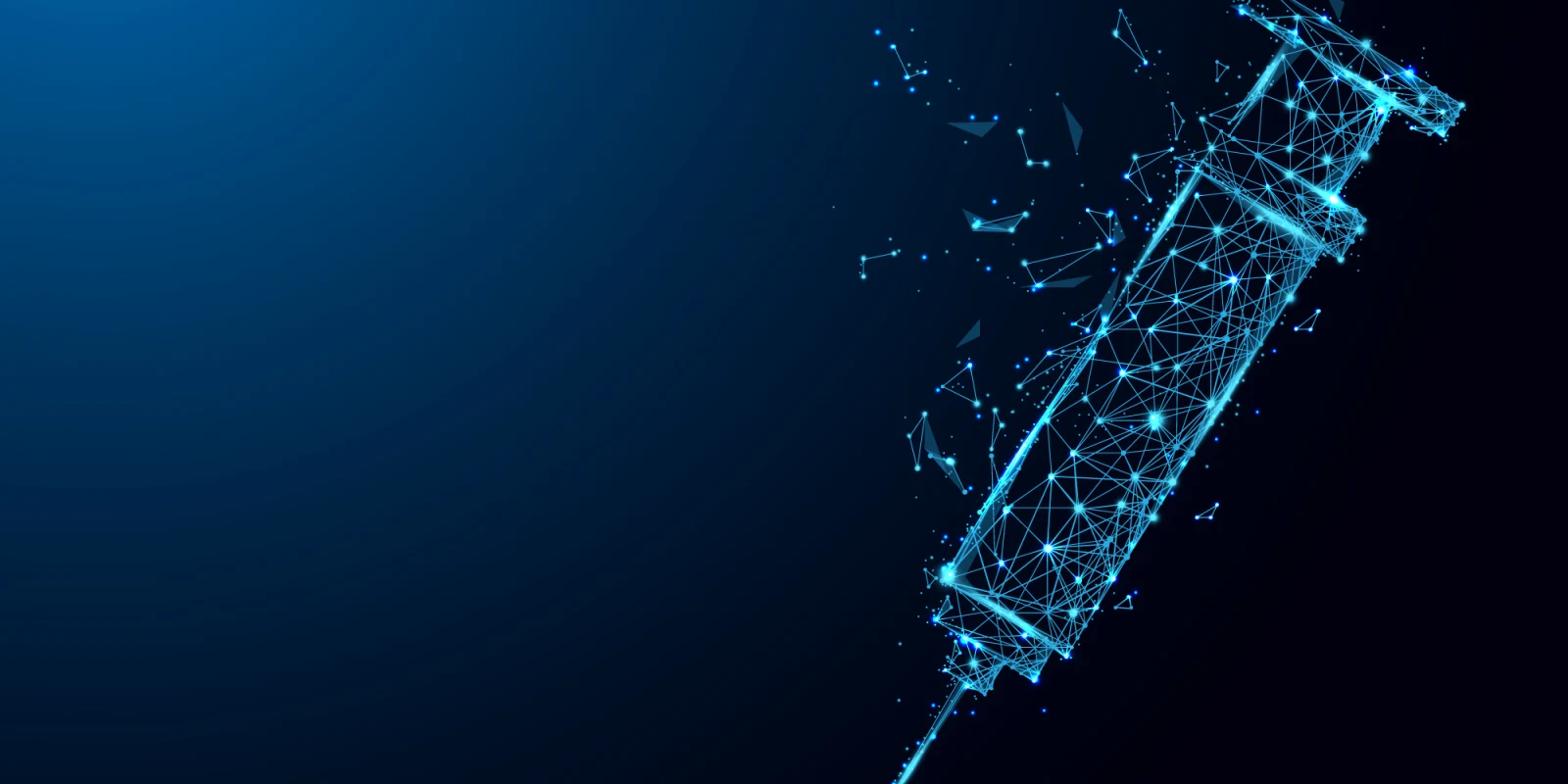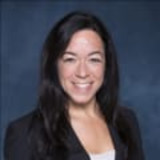 A little over two years ago, I found myself unemployed for the first time in my life. It was my first job out of fellowship, and although unemployment is very common for many people my age in other industries, it was an altogether new experience for me. I was seriously and vastly out of my element for the first time in my life. I knew at the ripe age of 13 that I wanted to be a doctor. I took my love of science as a clear sign that I would love being a doctor; and so, I considered my future written, the road paved. My only job was to follow the yellow brick road.
A little over two years ago, I found myself unemployed for the first time in my life. It was my first job out of fellowship, and although unemployment is very common for many people my age in other industries, it was an altogether new experience for me. I was seriously and vastly out of my element for the first time in my life. I knew at the ripe age of 13 that I wanted to be a doctor. I took my love of science as a clear sign that I would love being a doctor; and so, I considered my future written, the road paved. My only job was to follow the yellow brick road.
There was nothing breezy about 13 years of education and training. It wasn’t the hard work, the long days and nights of studying, the exams, or the lack of sleep that challenged my forward progress. Instead, it was the ever-evolving and unpredictable shifting of the practice of medicine itself that had me questioning my career choice. Whether I knew it or not at the time, while I was busy learning how to save lives, there was a slow but steady growl in the underbelly of health care. Here I was, in the “bubble” of studentship, protected (or blinded) by the walls of education. A thick wall separated me from the real world, and I was about to have a rude awakening from my ignorant bliss.
As I found myself jobless and lost, I needed to pick up the pieces of my life, my career, and my pride. I needed to figure out my next move. Was this it? Had I hit a dead end? How did this happen?
The truth is, I had been unhappy for some time working for the hospital. The slow and steady tide that had been sweeping throughout health care grew into an unstoppable tsunami over the few years prior to my termination. I did not recognize it at the time, but I was a drowning victim. I was spending more time contemplating electronic charts, frantically keeping up with metrics and quotas, and attending unproductive meetings, while all the while spending less time with my patients. I contemplated the dilemma of balancing my patients’ needs while also ensuring that I met productivity numbers.
“Toxic” is the best word I can find to describe that environment. The scariest part of it all was that NO ONE was talking about it. We all had our reasons, our justifications, and rationalizations for staying in the game and keeping our disgruntled ramblings to a minimum. But we were in the pit together, doing our best to smile, put our heads down and get our work done. Joy? Yeah, there wasn’t much of that. Work-life balance? That didn’t exist either. And if you dared to mention either, you were met with a distinctly blank (yet disapproving) stare.
I felt so very alone. Self-doubt infiltrated every cell of my being and I felt quite confident that I was the only one going through a crisis. Physicians are notorious for self-blame. It is the principle that we are indoctrinated with throughout our years of training: if you make a mistake, it is your fault. I still believe to this day that care of human health comes with not only a great responsibility, but also a great sense of moral and ethical obligation that is unique to the field of medicine. And it is this obligation, the oath we take to do no harm, that bonds us, as physicians.
I quickly learned that social media was a necessary component for establishing a business in today’s world. What I did not know, but quickly discovered, was that social media was my lifeline to other physicians; it was my “phone a friend.” It turns out, I was not alone. Other doctors had been in the same boat. Perhaps they had not been “let go” and had instead made the courageous proactive choice to jump ship, acknowledging their unhappiness and discontent with the post-tsunami mess that is health care today. Nevertheless, what I discovered through my social media connections, was mind-blowing. It was then that I realized that the bond still exists; while we were all just quietly trying to make it all work in our toxic situations, there was a geyser of collective frustration reaching a hot boil.
Whenever doubt starts to poison my mind, whenever I regress to self-blame, I am reminded in my colleague’s posts and their responses to my posts, that I am on the better path. And perhaps the yellow brick road was leading me here all along. I may be “solo,” but I’ve never felt more a part of a group. In fact, I am a member of more than 10 Facebook groups, ranging from Women Physiatrists and Fit Female Physicians to Private Practice Physicians and Doctors on Social Media. Social media has given us a safe space to connect, to rant, to encourage, and to collaborate. My Instagram followers are my cheerleaders and my support system — and I am theirs. I have reconnected to medical students and residents through Doximity and LinkedIn. Physicians are thousands of stars in a galaxy, coexisting and united by the gravitational pull of our commitment to do the right thing.
We are not victims at all. We do not have to wallow in “physician burnout” or “moral injury.” And while my sentiment may not outwardly reflect the majority of physicians, I know now that I am not alone. I would venture to guess that in the back of every doctor’s mind is the conflict we are faced with today. Who do we work for? What do we stand for? The answers are not clear for many, but this is the time to figure it out. The power we have together is limitless.
Image by Illus_man / Shutterstock







